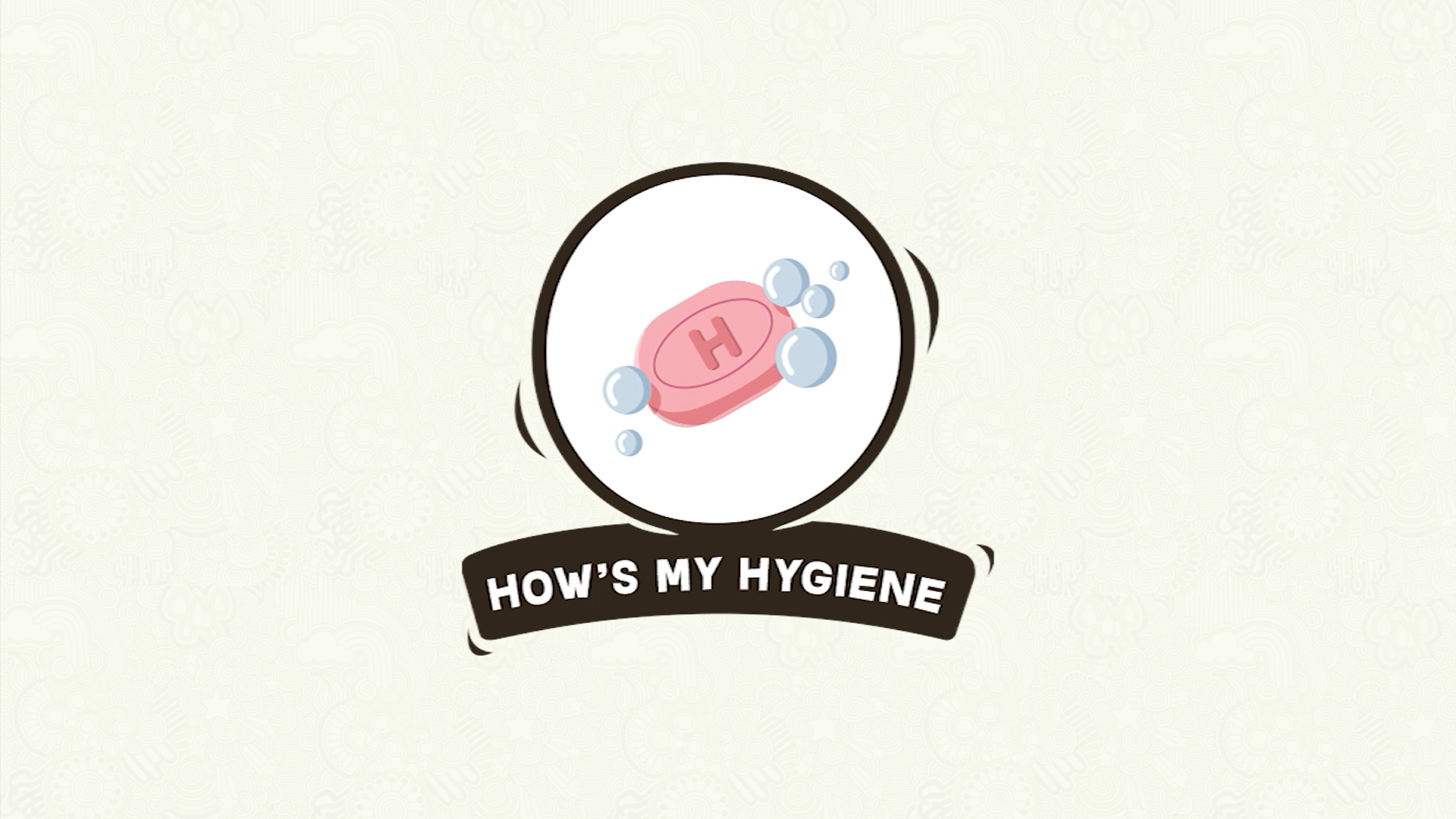As educators, it’s essential to teach our Kindergarten students the importance of good hygiene. Good hygiene helps keep them healthy, makes others feel comfortable around them, and contributes to a positive learning environment. In this blog post, we will explore an engaging, no-prep activity to teach good hygiene habits, followed by discussion questions that encourage further reflection. We will also discuss related skills and provide resources for continued learning.
Introduction
Teaching good hygiene habits to young children is an essential part of their development. Good hygiene practices, such as washing hands, face, and body, brushing teeth, and wearing clean clothes, help children stay healthy and build positive self-esteem. By incorporating these principles into daily routines, children learn to take responsibility for their cleanliness and well-being. In this blog post, we will explore a no-prep activity that educators can use to teach Kindergarten students about good hygiene habits.
No-Prep Activity: “Hygiene Charades”
This fun and interactive activity requires no preparation or materials, making it an excellent choice for busy educators. Here’s how to play “Hygiene Charades”:
- Ask the students to form a circle.
- Explain that they will be acting out different hygiene habits without speaking.
- Select a student to start the game by acting out a hygiene habit, such as brushing their teeth or washing their hands.
- The other students in the circle will try to guess the hygiene habit being acted out.
- Once the correct answer has been guessed, the student who guessed correctly will take their turn acting out a hygiene habit.
- Continue playing until all students have had a chance to participate.
This activity encourages students to think about various hygiene habits and reinforces their understanding of the importance of maintaining good hygiene.
Discussion Questions
After completing the “Hygiene Charades” activity, engage students in a discussion about good hygiene habits. Here are some questions to help guide the conversation:
- Why is it important to have good hygiene habits?
- What are some ways we can remind ourselves to practice good hygiene every day?
- How do you feel when you have clean clothes, clean hair, and a clean body?
- How can we help our friends remember to practice good hygiene?
- What are some consequences of not having good hygiene habits?
Related Skills
Beyond good hygiene habits, there are other essential skills that contribute to a child’s overall well-being and social development. Some of these skills include:
- Self-awareness: Understanding one’s emotions, strengths, and areas for growth.
- Self-management: Developing healthy strategies to manage emotions and stress.
- Responsible decision-making: Making thoughtful choices that promote personal and community well-being.
- Relationship skills: Building and maintaining positive relationships with others.
Next Steps
Now that you have a no-prep activity and discussion questions to teach good hygiene habits to Kindergarten students, it’s time to put these ideas into practice. To access more resources and sample materials related to teaching social-emotional skills, sign up for free samples at Everyday Speech. By incorporating these resources into your teaching, you can help your students develop the skills they need to lead happy, healthy, and socially successful lives.






